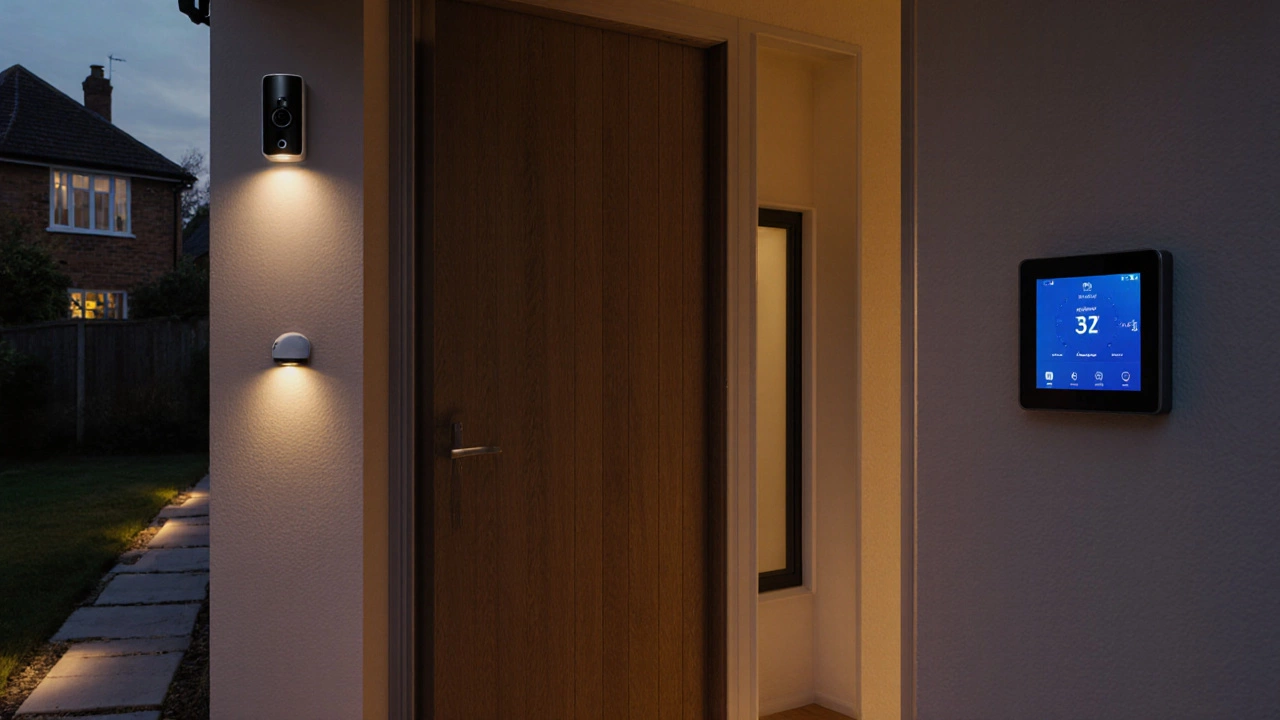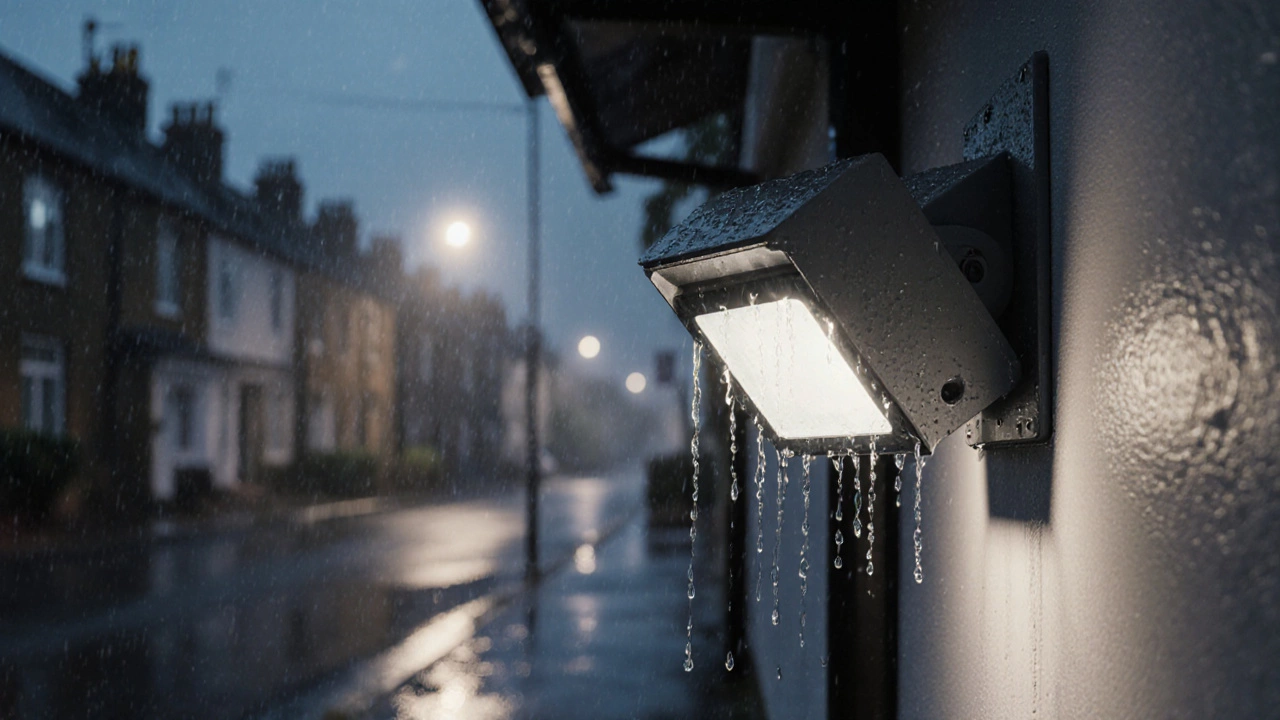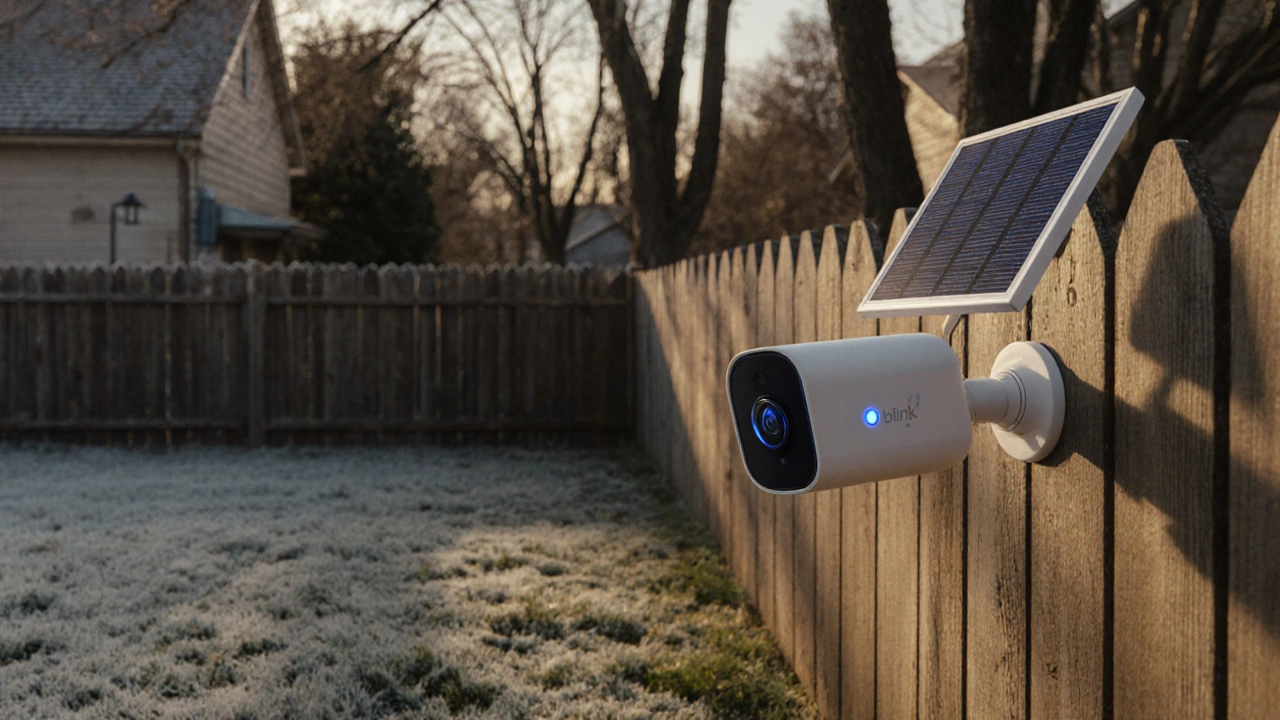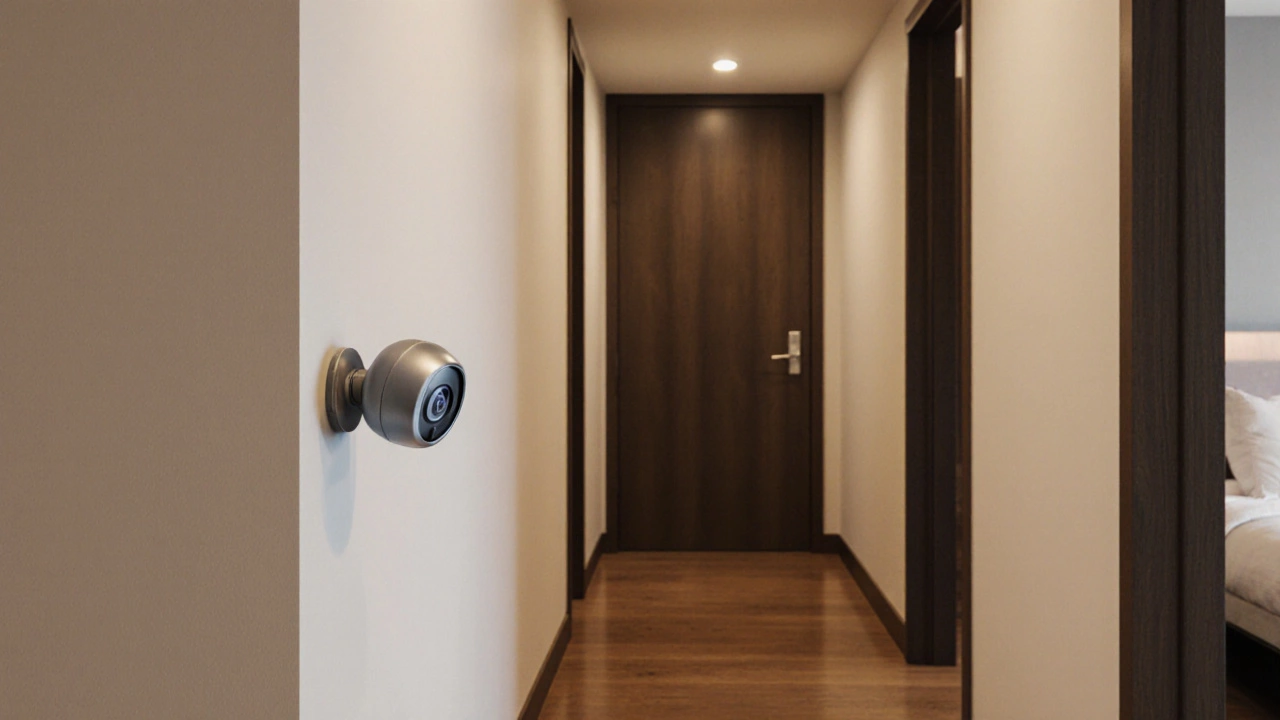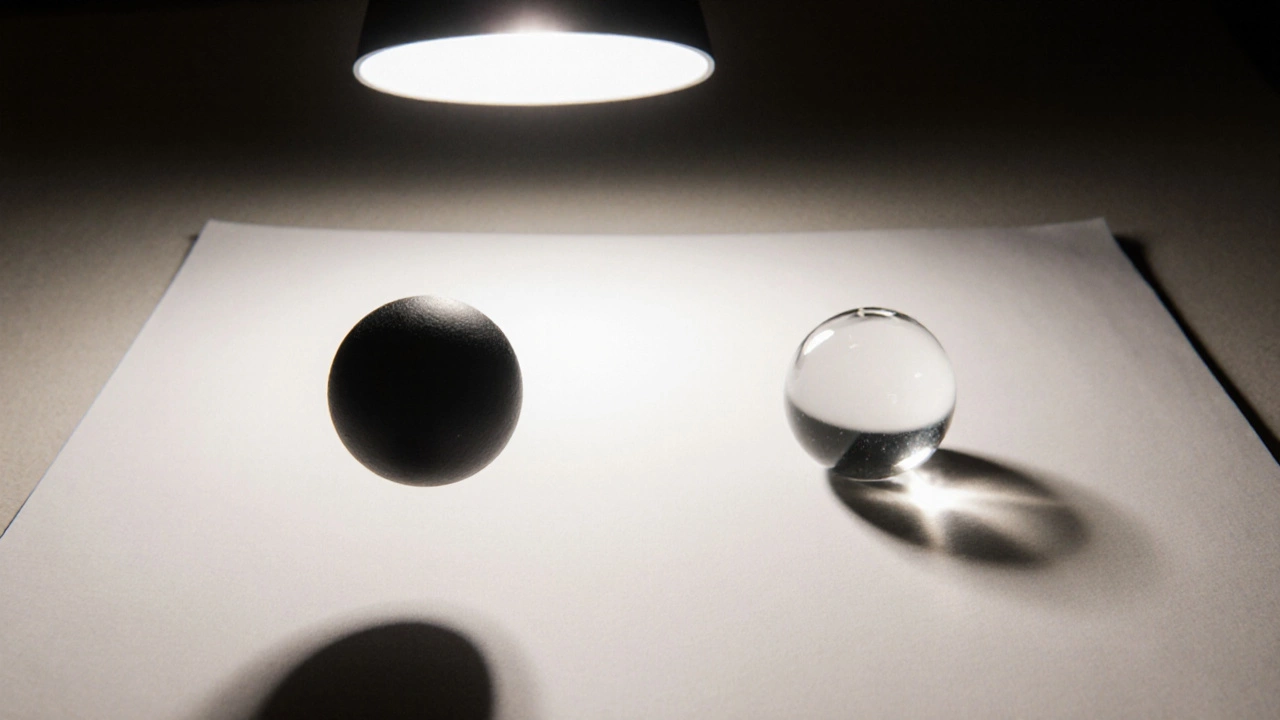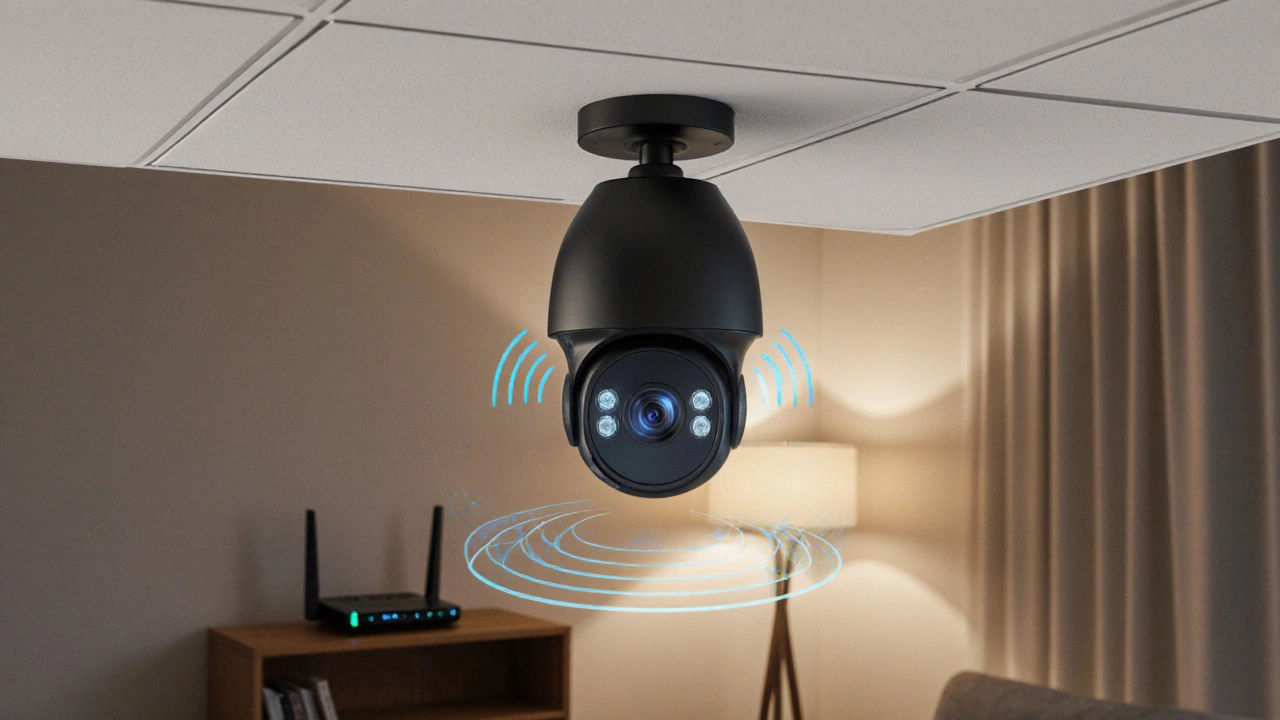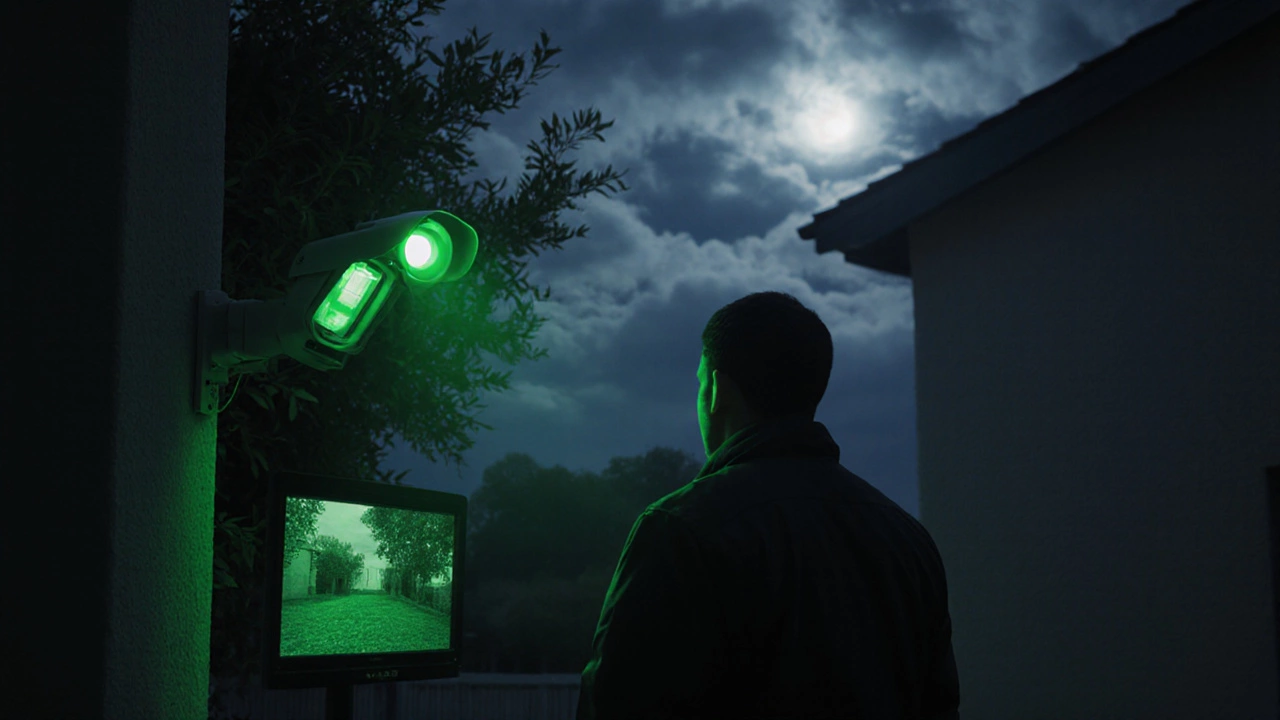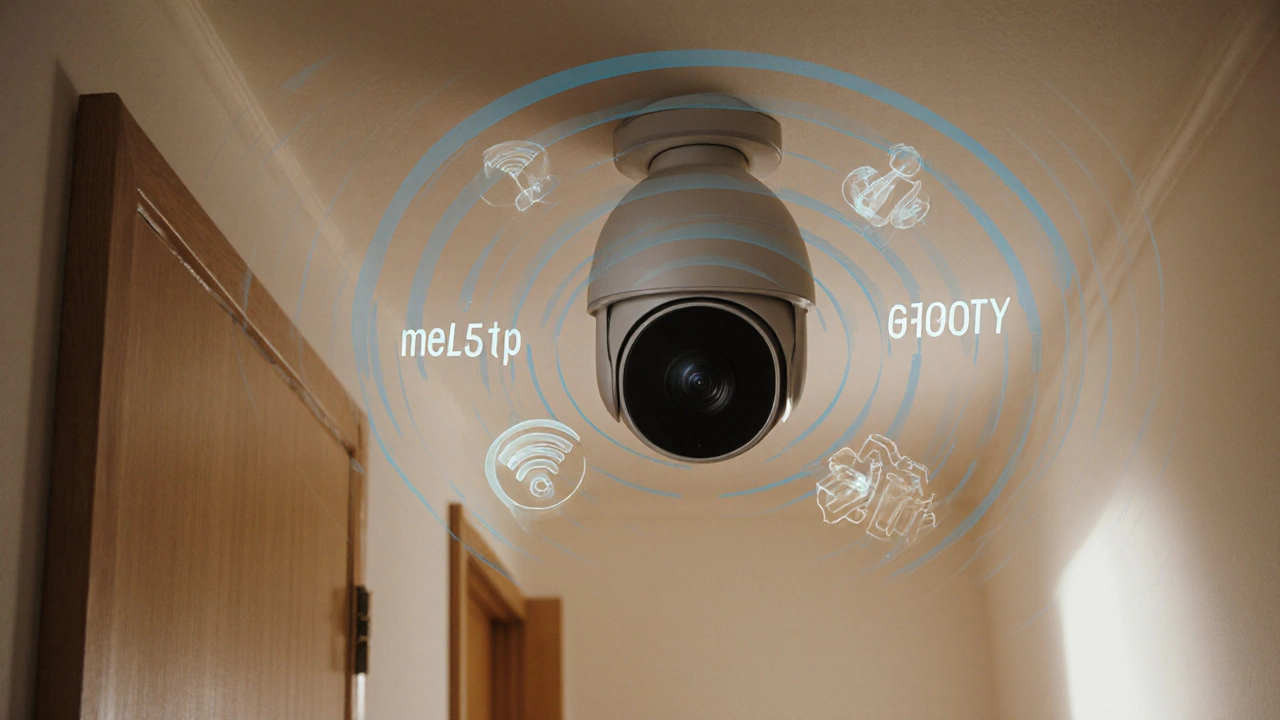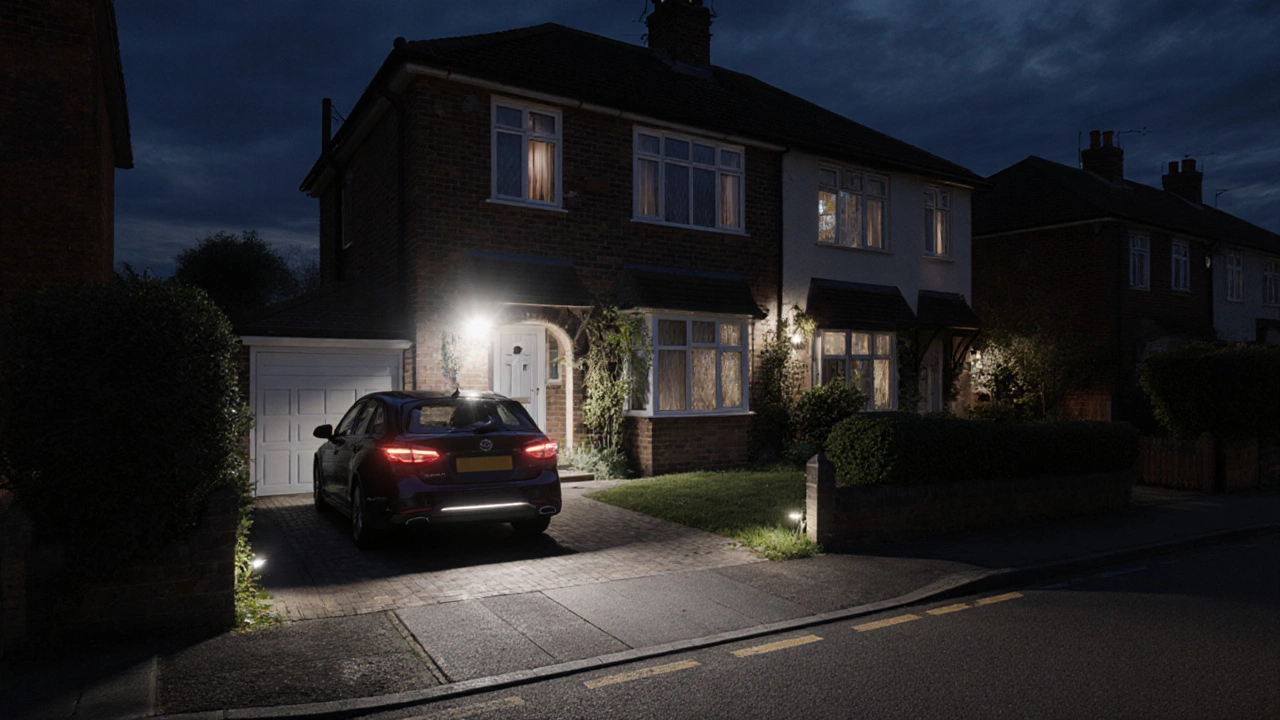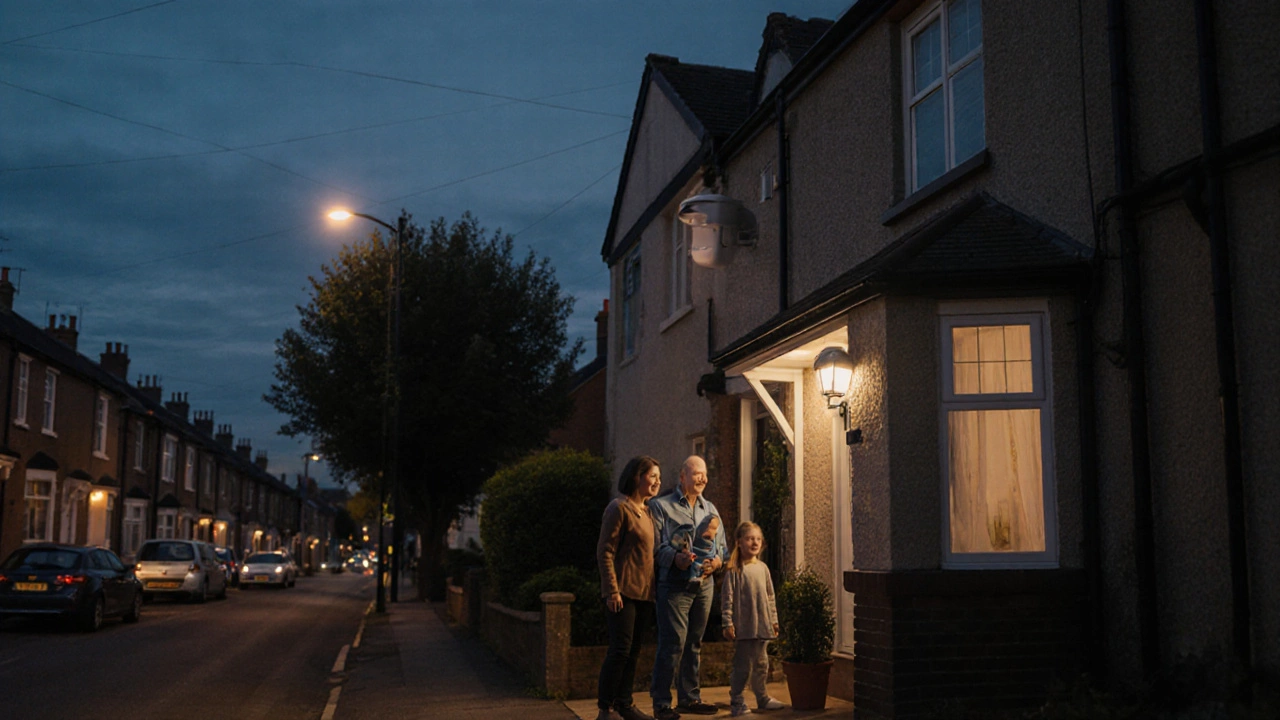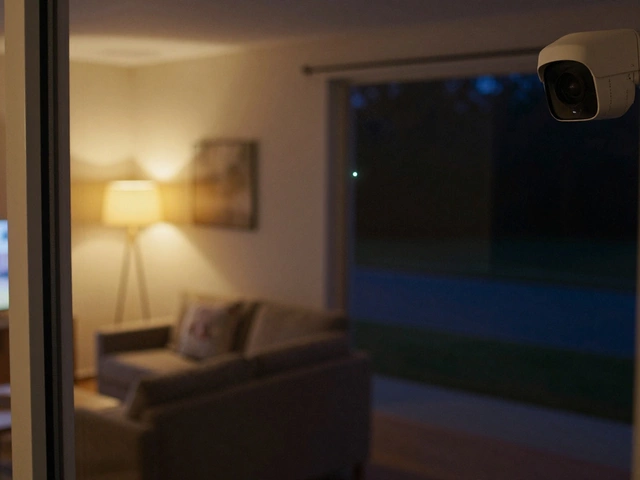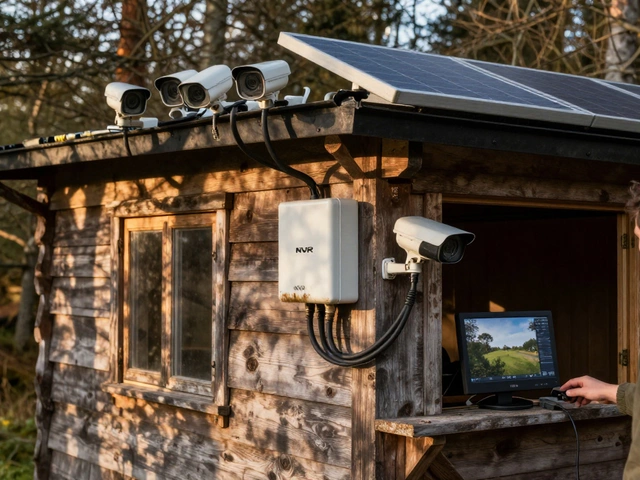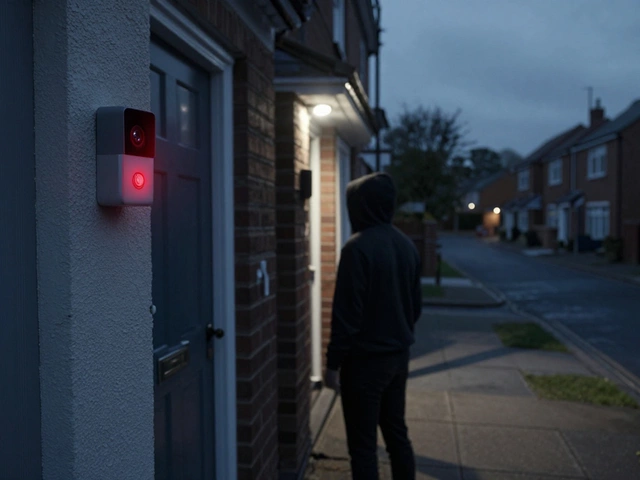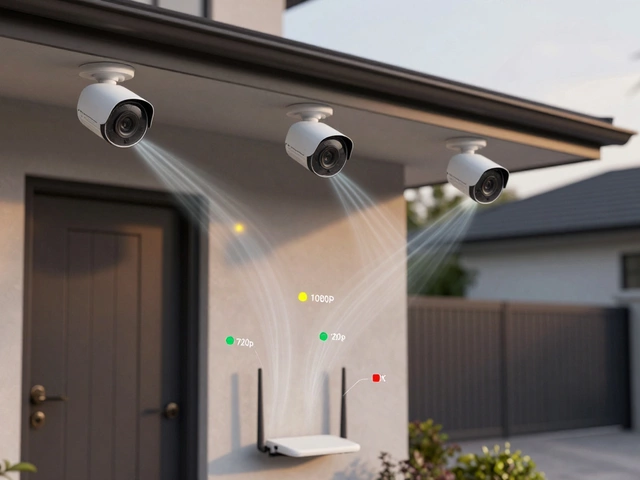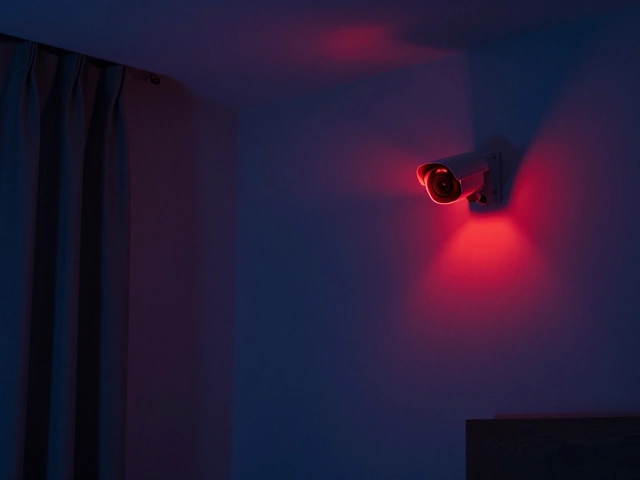Smart Home Security in 2025: Cameras, Privacy, and Real-World Protection
When you think about smart home security, a system of connected devices like cameras, alarms, and doorbells that protect homes using automation and remote access. Also known as intelligent home monitoring, it's no longer a luxury—it's what most UK homeowners expect by 2025. But it’s not just about buying the latest gadget. It’s about knowing what actually works, what breaks down, and what could get you into legal trouble.
Take security cameras, devices that record video to monitor property, often with night vision, motion detection, and cloud or local storage. Also known as CCTV systems, they’re the backbone of modern home protection. But do they need Wi-Fi? Can they work offline? How long do their batteries really last? These aren’t marketing questions—they’re survival questions. A camera that dies in a storm or loses connection when you need it most is just a fancy ornament. And then there’s outdoor security lights, lighting systems designed to deter intruders by illuminating entry points, often paired with motion sensors. Also known as perimeter lighting, they’re cheap, simple, and surprisingly effective—if installed right. A poorly sealed light can short out in rain, leaving your yard dark and your home exposed. Meanwhile, UK GDPR, the UK’s data protection law that governs how personal data, including video footage from home cameras, is collected and stored. Also known as data privacy regulations, it’s not optional. If your Ring doorbell records your neighbor’s driveway, you could be breaking the law. Police can ask for footage—but you don’t have to hand it over without a warrant. And if your camera stores data in the cloud, you need to know who owns it, how long it’s kept, and what happens if Amazon (yes, they own Ring) gets hacked.
What you’ll find below isn’t theory. It’s what actually happened when people tested battery cameras in winter, wired doorbells in old UK homes, and tried to use thermal imaging to spot intruders in total darkness. We looked at what thieves avoid, how much data your cameras eat each month, and why a glass ball casts no shadow but a rubber one does—because understanding light helps you understand your camera’s blind spots. These aren’t random posts. They’re the real-world answers to the questions you didn’t know to ask until your system failed.

